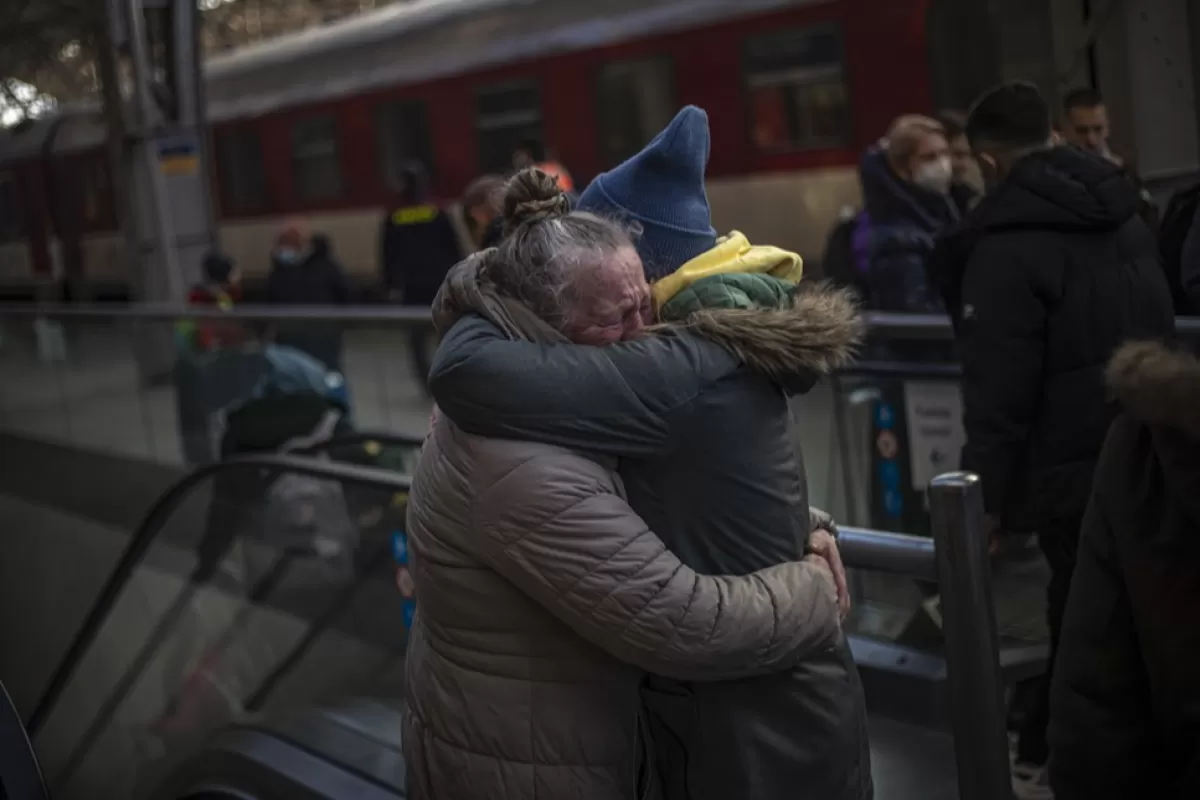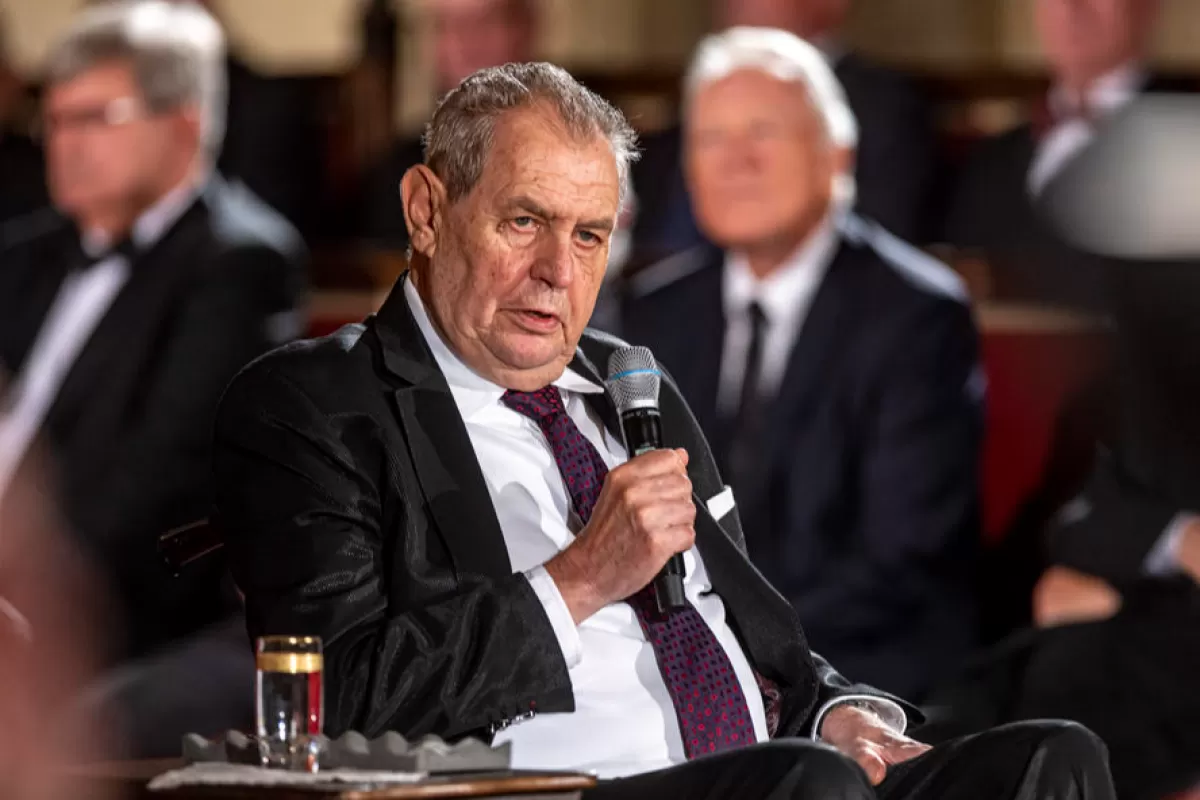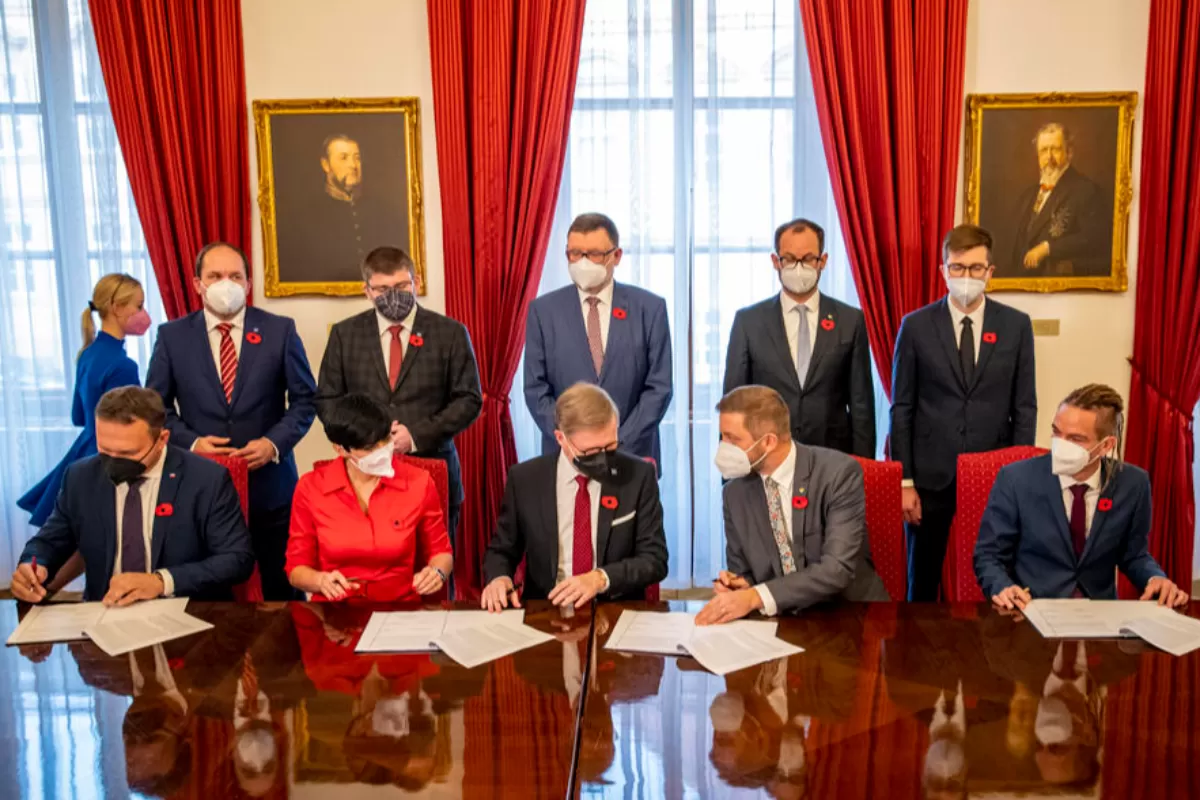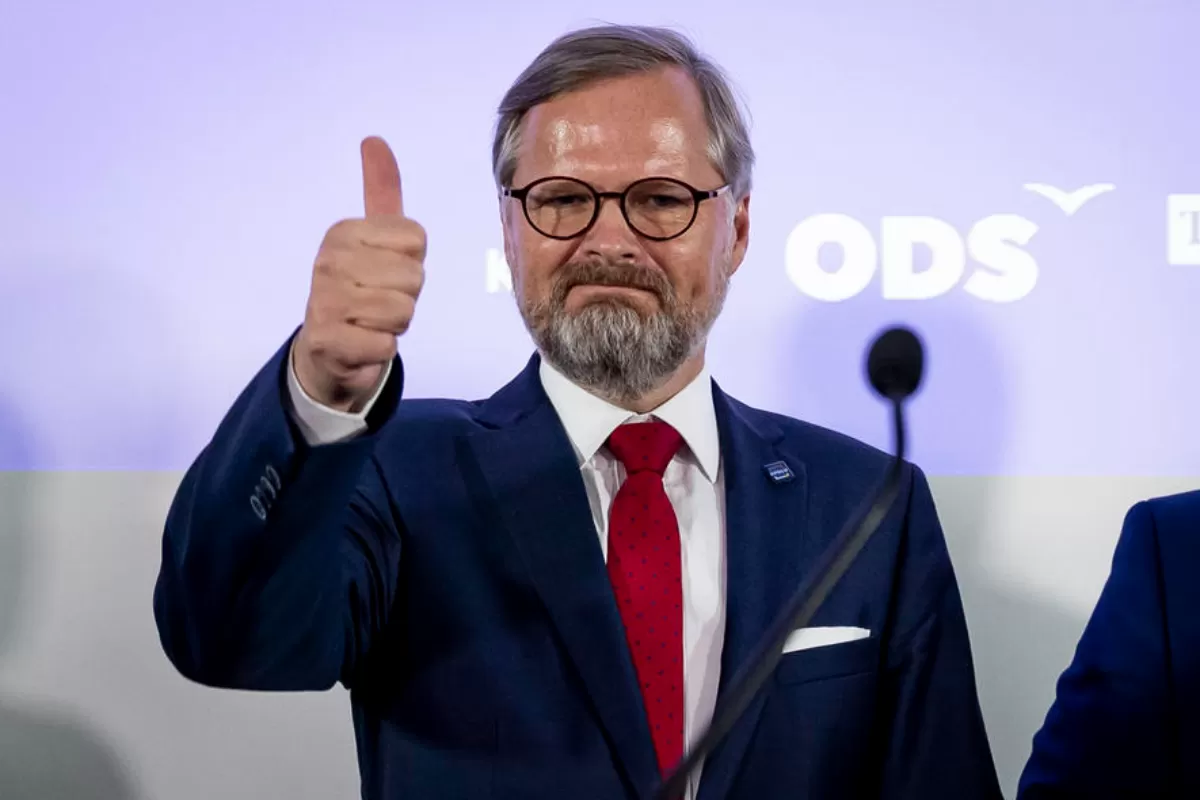
Journalist, editor of the Czech newspaper Deník N. He started in 2008 for daily Právo as a reporter focused on Russia and the post-Soviet states, then worked as an editor for the news website Aktuálně.cz. He earned a master's degree in Public and Social Policy at the Faculty of Social Sciences, Charles University.

Elections in Slovakia were closely followed in Prague, as the results may serve as an indicator of the direction in which social moods might evolve in the Czech Republic.

Pro-Russian narratives are spreading in the Czech Republic despite Prague’s efforts to stop them. A treaty with the US is their latest target.

Since Petr Pavel took office, the Czech presidency is more transparent and promotes issues such as the protection of the environment and minorities. Externally, Miloš Zeman's openness to Russia and China has been replaced by support for Euro-Atlantic policies and Ukraine. On the other hand, the pro-European government is in an image crisis, and anti-poverty and anti-Ukraine demonstrations continue.

The Czech presidency seems poised for a major shakeup, as retired general Petr Pavel is preparing to take the office from Miloš Zeman. Unlike his predecessor, a pro-Russian and pro-Chinese politician with a knack for challenging the country’s Constitution and governments, Pavel is staunchly pro-Western and he vowed to cooperate with the equally pro-Western government. The president-elect also expressed his support for Ukraine, and caused a (for now) minor row with China.

As Czech presidential elections are nearing, populist parties are trying to gain support from pro-Russians by exploiting the issue of Ukrainian war refugees. Most Czechs continue to view refugees positively, but a growing minority believe they are a burden.

For almost ten years the Prague Castle, the seat of Czech presidents, was one of the most pro-Russian and pro-Chinese places in the European Union. Miloš Zeman will leave office on March 8. It is too early to say who will succeed him, but we can already certainly say that the style and content of the presidency will change fundamentally.

The Czech Republic was quick to denounce Russia’s invasion of Ukraine, and prime-minister Petr Fiala even took a risky trip to a besieged Kyiv, to show his support. The most surprising Czech reaction came from president Milos Zeman, a staunch pro-Russian who unequivocally condemned the invasion and asked for a firm response to Putin.

The threat of Russian aggression against Ukraine comes as an important test for the new Czech government of Petr Fiala – the first major international crisis it must face. It will not be easy, given that the current coalition has to share power with a pro-Russian president and is also facing a growing disinformation campaign.

With Miloš Zeman plagued by illness and only a year left of his term in office, the Czechs are already starting to look at a field of potential would be Presidents. Next year’s presidential elections may finalise a change that started with 2021 the parliamentary polls, and put Cechia ruling elite firmly back in the Western camp.

Three decades after the fall of communism, Vaclav Havel remains the most important symbol of the Velvet Revolution. Michael Švec writes from Prague about the days of the revolution and Havel's legacy.

All five members of the emerging coalition speak with one voice about the pro-Western direction of the country and the return of the policy of promoting human rights in the world.

The recent parliamentary elections have redrawn the political map in the Czech Republic. The incumbent Prime Minister Andrej Babiš has lost power, a coalition of five very diverse parties will most likely govern, and voters of the traditional left-wing parties have lost their representation entirely. The post-election situation is further complicated by the fact that President Miloš Zeman is seriously ill and, according to the hospital where he is hospitalised, is unable to exercise his powers. Prague Castle, however, is silent about Zeman's condition.